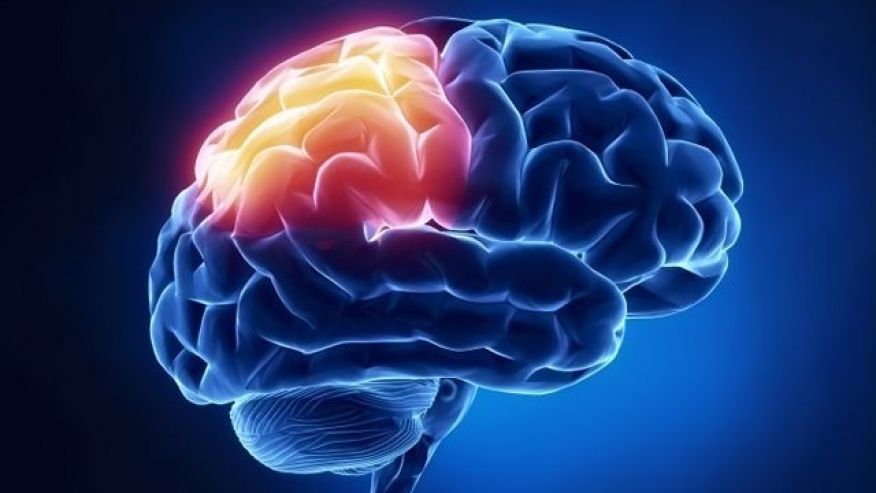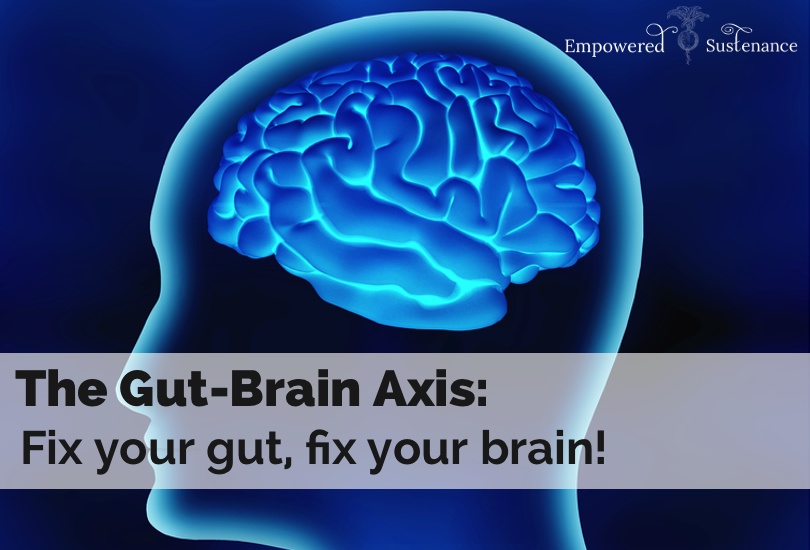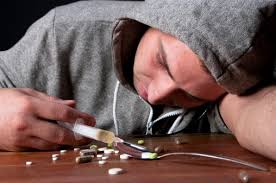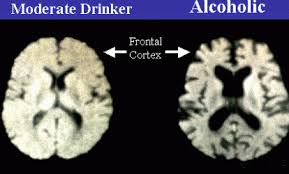Drug addiction devastating brain disease today

Drug addiction devastating brain disease which is today raising serious health complications to all human beings
Drug addiction devastating brain disease today: The brain health risks
Talking about drug addiction, one cannot miss to associate the problem with the functions of the brain. Experts across the globe are all in agreement that drug addiction is causing serious health threats starting from the brain down to the other organs of the body. That is why we want to focus our discussion on ‘drug addiction devastating brain disease today” so that we can take the precautions in good time. Remember that this is a health matter and must be addressed professionally by medical doctors. To that effect we are going to be talking to doctor Dalal Akoury MD, President of AWAREmed Health and Wellness Resource Center to help us understand the drug addiction devastating brain disease as it is.
From her mare decades of practice doctor Akoury says that the brain of any human being is a symbol of his whole life in totality. From the brain we are able to reason together, think and have all our five senses engaged to positive action. Without the brain proper health all information from the environment both from the outside and the inside cannot be processed. The outside information’s are those that are associated with the sense of sight, touch and smell while those of inside can be considered to be in relation to body temperature, heart rates, digestion and many more. According to the experts from AWAREmed Health and Wellness Resource Center, any attack to any of the three parts of the brain can be very costly. Each of the three parts of the brain has specific and important roles to play. Drugs are the biggest enemies of the brain’s health and that is why it is important that we understand this topic drug addiction devastating brain disease today effectively.
Drug addiction devastating brain disease today: The three segments of the brain
Like we have mentioned drug addiction is the biggest enemy of the brain health. Any individual using drugs is at greater risk of having their brain being corrupted. And when this happens, it can interfere with the normal processing of information thereby altering altogether how well the brain works. Doctor Akoury says that for clear understanding of the devastating brain disease, it is important that we appreciate the functions and how drugs affects all the three parts of the brain as follows:
Limbic system
This coordinates all the brain structures responsible for the control of emotions. Like for instance big appetite, pleasures over delicacies. Such good feelings motivates users of drugs to keep using and eventually become addicted.
All the body organs that keep us healthy are coordinated from this point. Brain stem is responsible for all the body functions including breathing, blood flows, digestion besides linking the brain with the spinal cord running down the back moving muscles and limbs even as it communicates with the brain in understanding all that is happening to the body.
This is considered to be the largest part of the brain with four segments:
The lobes – which control specific functions. Some areas process information from our senses, allowing us to see, feel, hear, and taste.
The front part of the cortex, known as the frontal cortex or forebrain, is the thinking center. It powers our ability to think, plan, solve problems, and make decisions.
From that briefing it is clear that the brain is delicate and therefore if you are struggling with substance abuse, then you need help and doctor Akoury is waiting to hear from you and she will be able to help you recover from all your addiction related complications.
Drug addiction devastating brain disease today: The brain health risks
http://regenerativepotential.com/wp-admin







 Substance Use Disorders (SUDs) alternatively called drug addiction has long kept the focus of scientists and other medical practitioners. Once a person has been become an addict, quitting addiction become s are really difficult decision to make. Surprisingly many of the drug addicts for once in their life time do gather the courage and will power to quit substance abuse. Once a decision is undertaken, choosing the right addiction option is really important. These individuals have mostly got only one shot at recovery because there is no guarantee that they will be able to have such high motivation to quit again ever in their life. Unfortunately it has been seen that people have tried quitting but they ended up with a treatment option that wasn’t suitable for their needs. That’s where Evidence based treatments come into play.
Substance Use Disorders (SUDs) alternatively called drug addiction has long kept the focus of scientists and other medical practitioners. Once a person has been become an addict, quitting addiction become s are really difficult decision to make. Surprisingly many of the drug addicts for once in their life time do gather the courage and will power to quit substance abuse. Once a decision is undertaken, choosing the right addiction option is really important. These individuals have mostly got only one shot at recovery because there is no guarantee that they will be able to have such high motivation to quit again ever in their life. Unfortunately it has been seen that people have tried quitting but they ended up with a treatment option that wasn’t suitable for their needs. That’s where Evidence based treatments come into play.